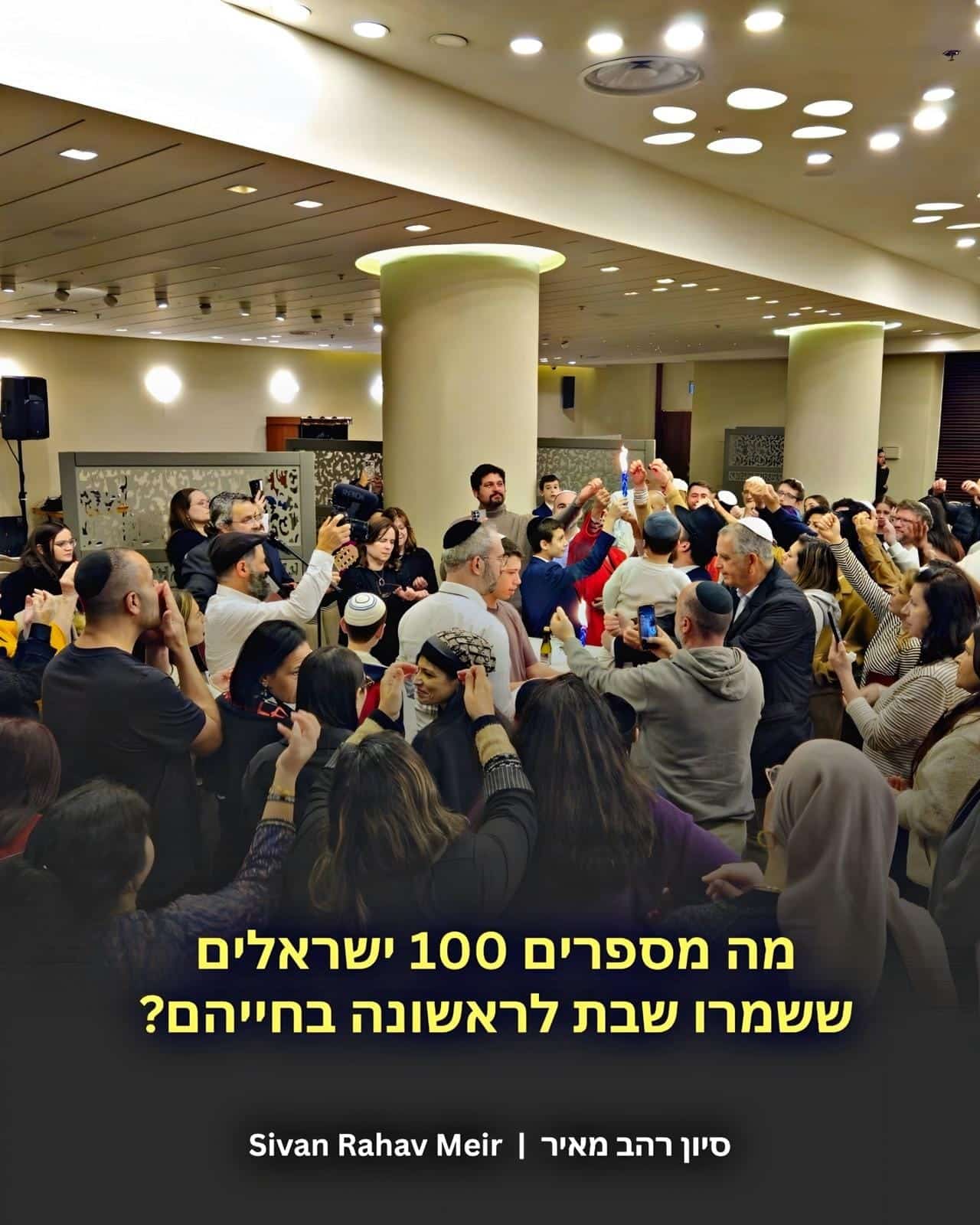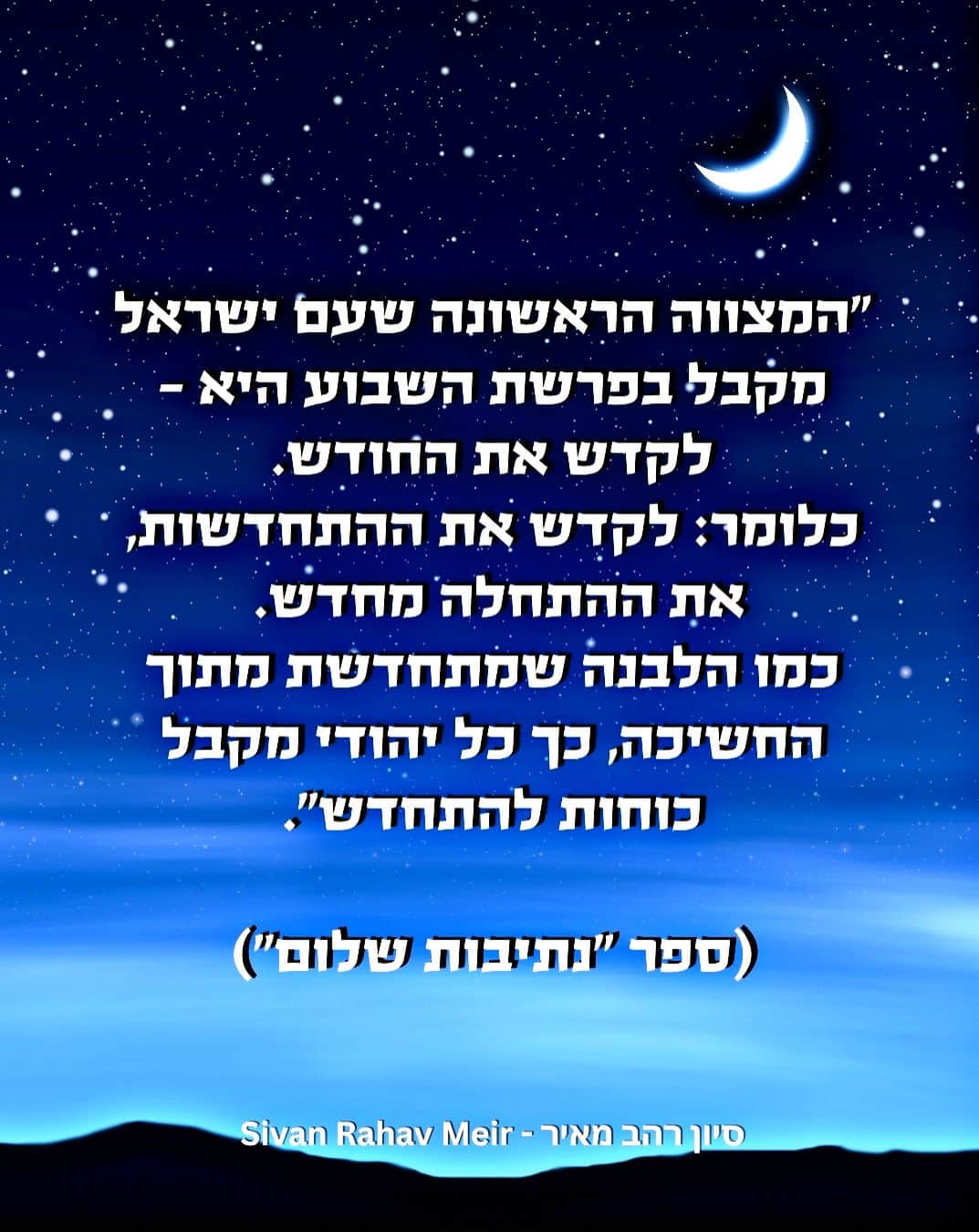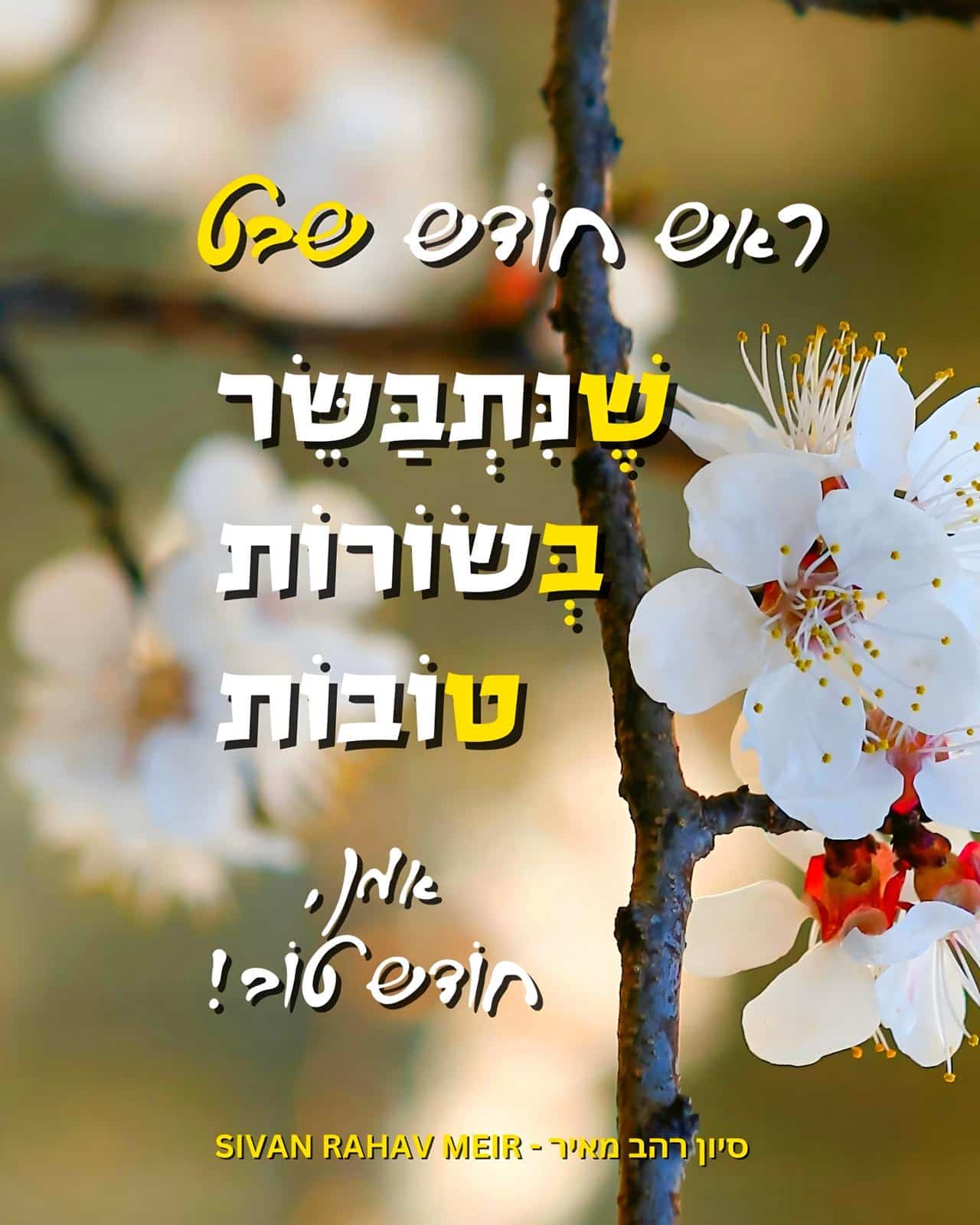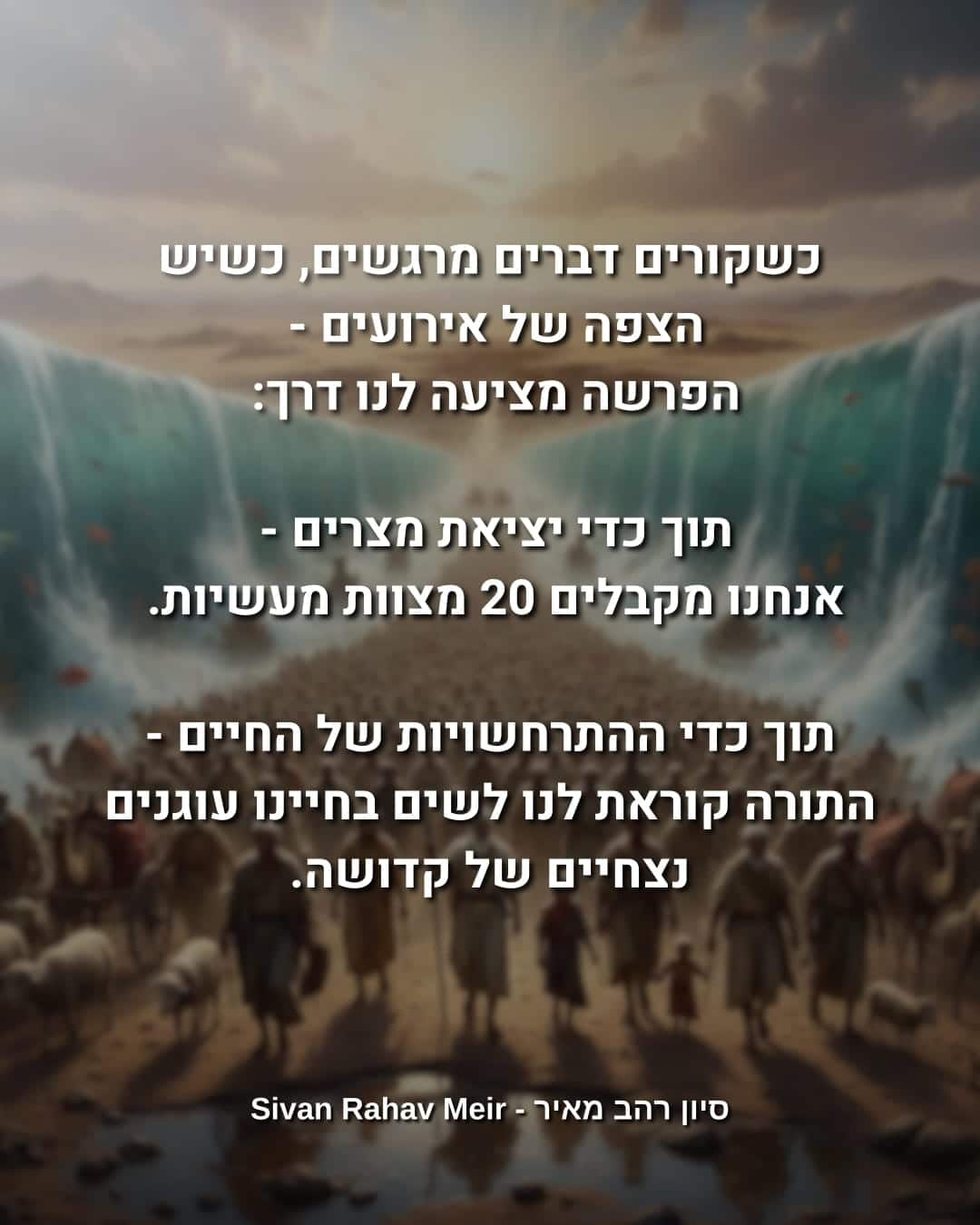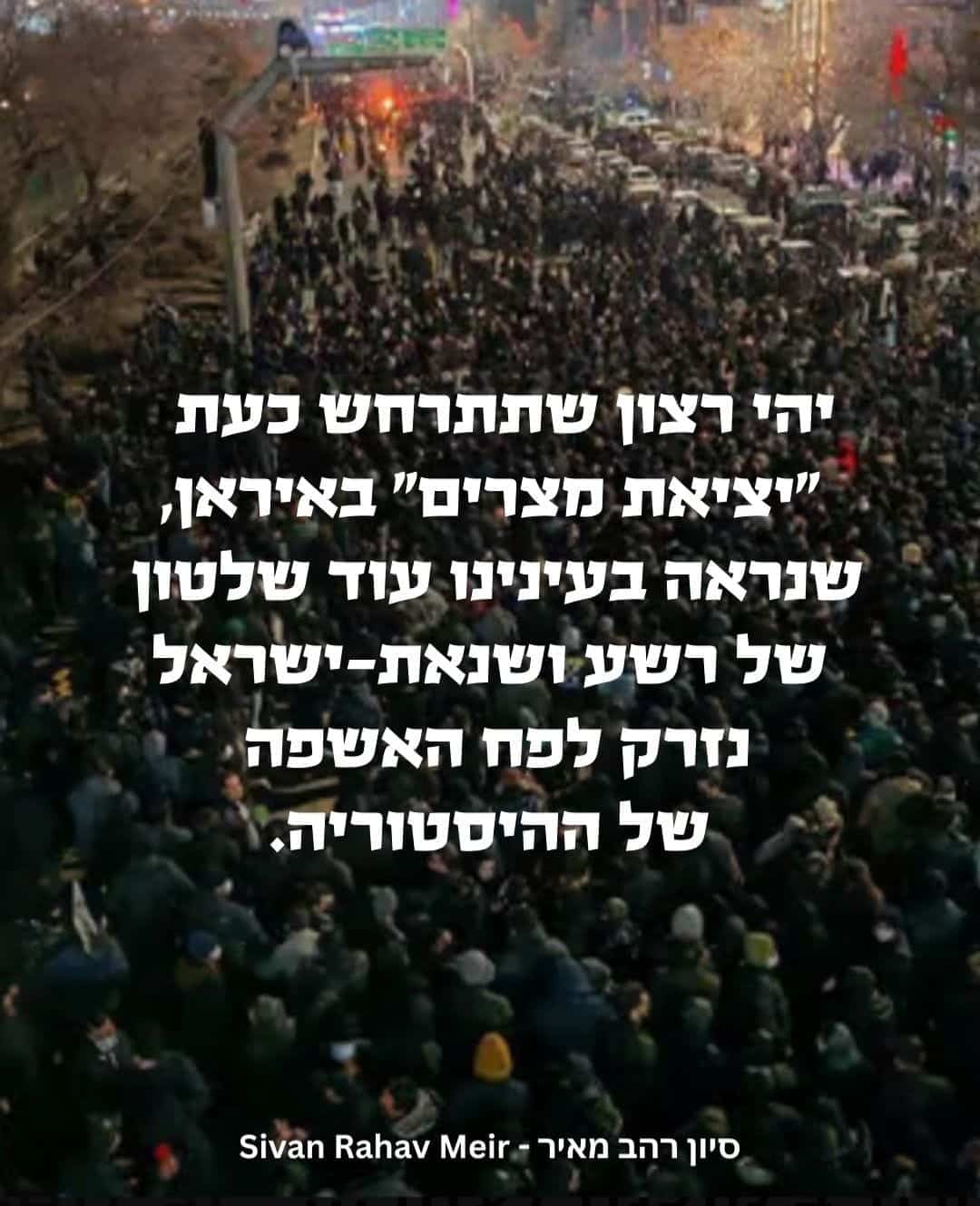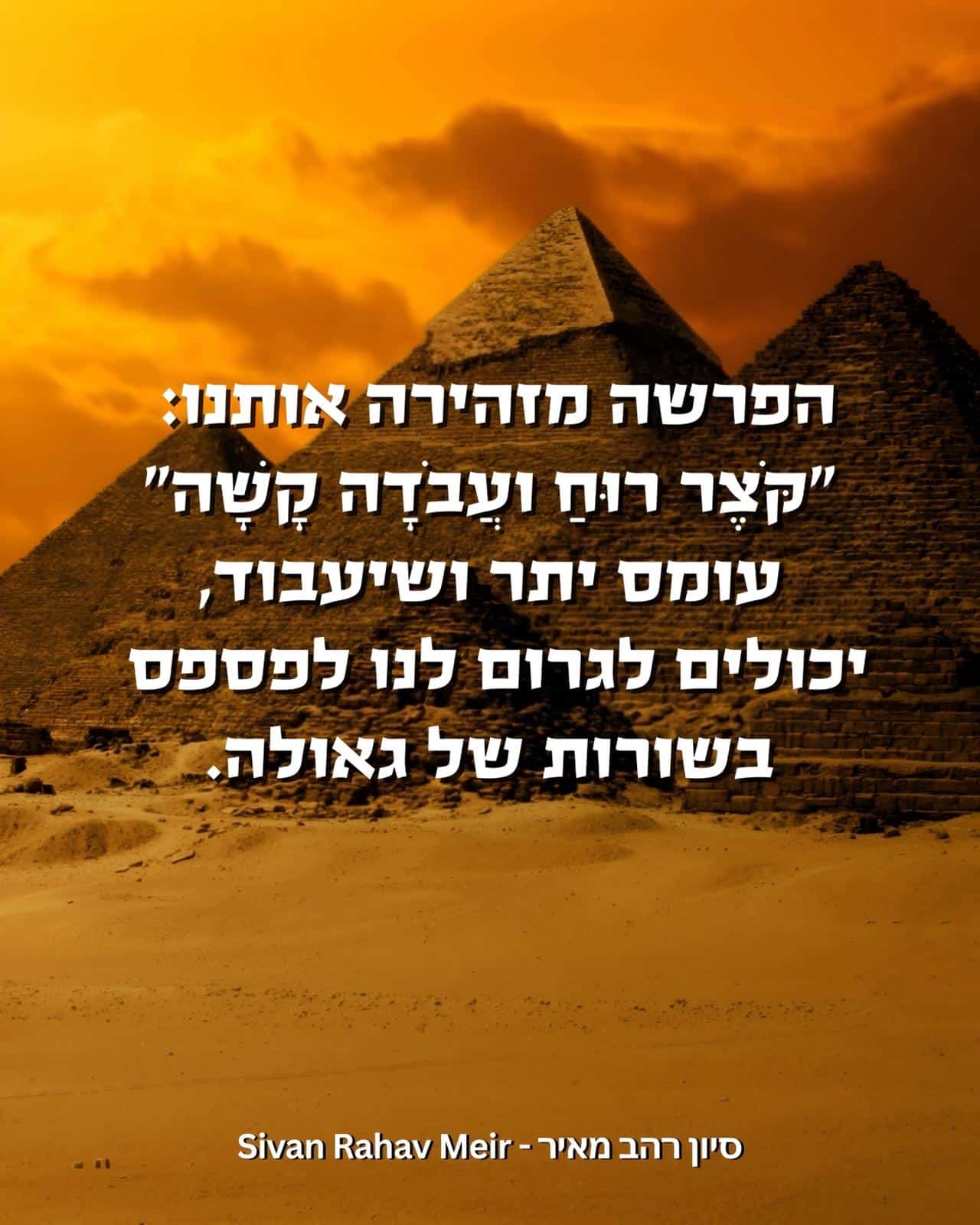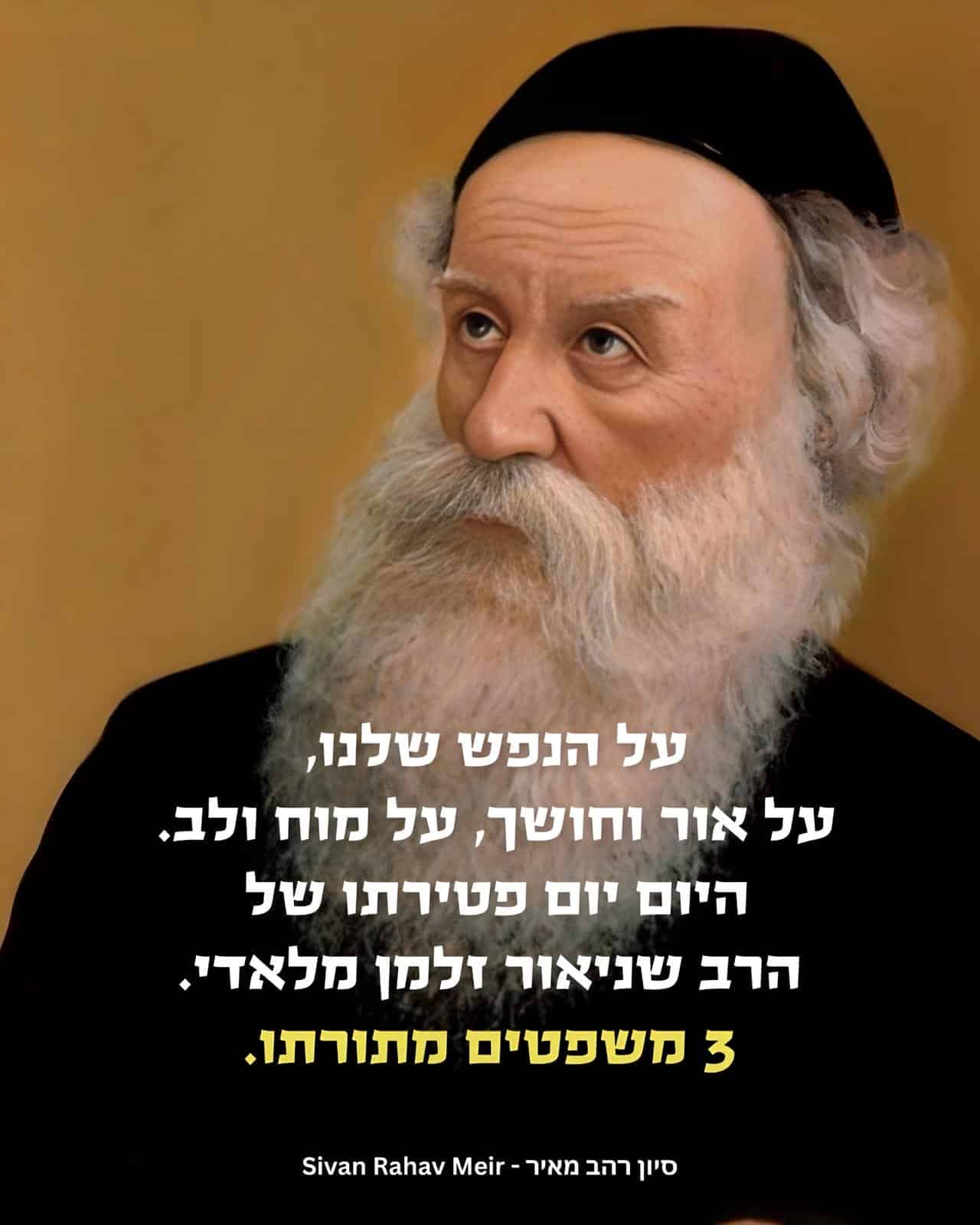1.
Three hostages were released yesterday. Why are we so concerned about Romi Gonen? What connects us to Emily Damari? And why does Doron Steinberger's situation stir such emotions right now?
Most of us have never met them. We've never seen them, they appear to be complete strangers. Yet that’s precisely the point; they are not strangers — they are our sisters. The bonds that unite the Jewish people are invisible but incredibly strong. Notice that even those who warn against the deal do so from a place of profound concern and sensitivity for the lives of fellow Jews.
It's so clear and self-evident that we seldom stop to appreciate its power: Jewish children in Australia spent over a year praying for Romi bat Meirav; elderly residents of Jewish nursing homes in New York and Haifa have been mourning a fallen soldier whom they have never seen, and praying for the healing of wounded soldiers they never met.
This is also why the retrieval of the body of Oron Shaul, which was held in Gaza for a decade, elicited a collective sigh of relief from millions around the world.
The love and caring that we have discovered within ourselves since Simchat Torah are incredible. Rabbi Shmuel Pollak expressed a compelling idea: Why do we need to wait for people to be kidnapped, injured, or God forbid, killed, in order to feel this bond? To awaken the deep Jewish spark in our hearts?
Whether it’s a neighbor or someone I encounter at work, we share the same eternal, holy connection. Let’s start today to embrace this perspective, extending greater love and solidarity to all, even if they haven't been kidnapped, thank God...
Hoping and praying for more good news.
2.
What the families of the hostages need now?
* Translated by Janine Muller Sherr
During these tense and turbulent hours of the hostage deal, it’s important to pay attention to the following verses from this week’s parasha:
"The Israelites were groaning under the bondage and cried out; and their cry for help from the bondage rose up to God. God heard their moaning, and God remembered the covenant with Abraham and Isaac and Jacob. God looked upon the Israelites, and God took notice of them.”
What is the Torah describing here? The situation of the Children of Israel is excruciating, they cry out from the depths of their hearts, God hears their prayers, remembers His covenant with the patriarchs, and the exodus from Egypt gets underway. Note that these verses first focus on our response, on our collective prayer.
Prayer is a critical component of salvation. Amid all the political discussion for and against the hostage deal, we don’t hear enough about the pleas of the families for us to pray for a good outcome.
I can’t tell you how many times I’ve heard from Meirav Berger, mother of Agam Berger, one of the observers on the Gaza border, or from Shelly Shem Tov, mother of hostage, Omer Shem Tov. Every chapter from Tehilim, every prayer after lighting Shabbat candles, every religious gathering, every mitzvah and good deed, every personal and heartfelt prayer - are so vital now and can make the difference.
May all our prayers be answered, and may we hear good news soon.


